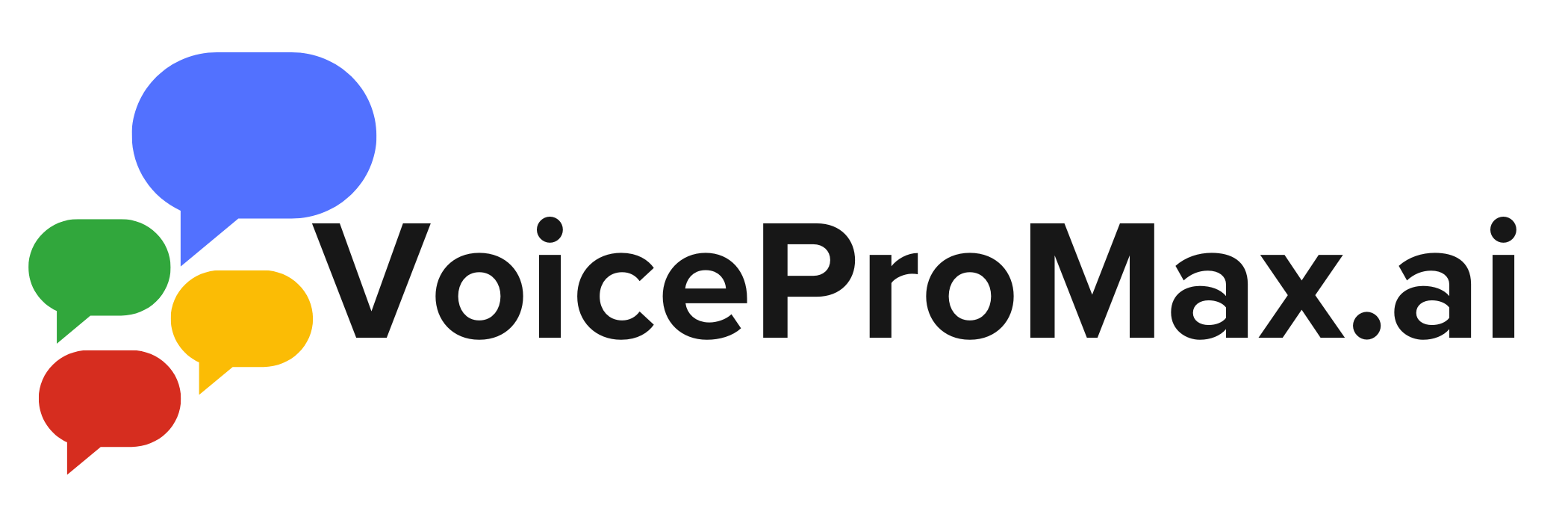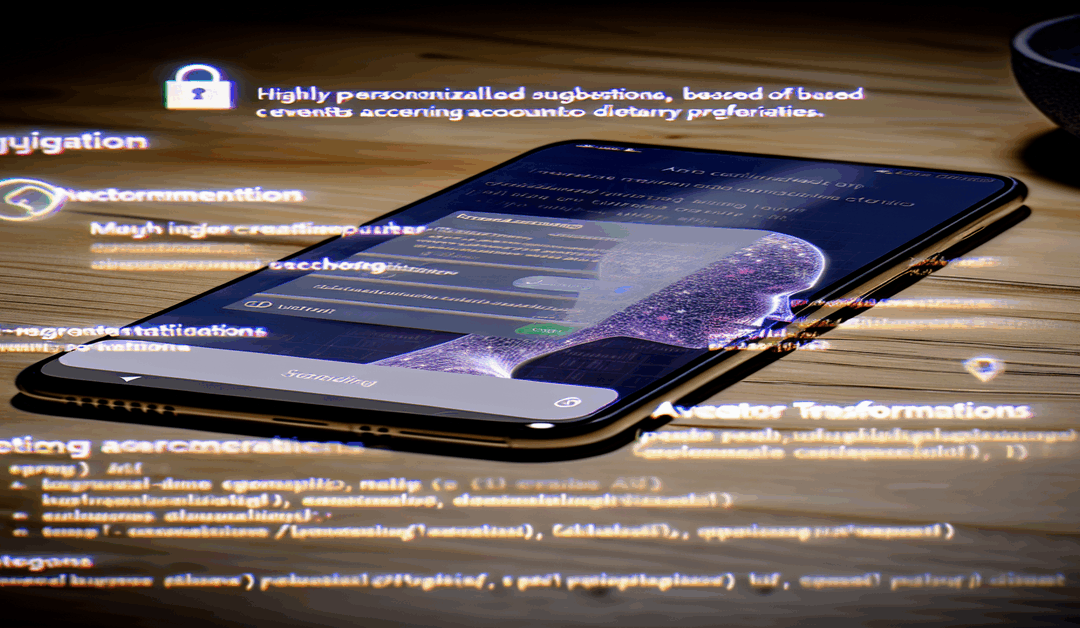Meta Launches Personalized AI App to Rival ChatGPT
In a bold move to compete with the wildly popular ChatGPT, Meta has unveiled its own standalone AI app that promises to deliver a more personalized user experience. Announced at the company’s recent LlamaCon event, this innovative app leverages user data from Meta’s social platforms, such as Facebook and Instagram, to provide tailored responses and recommendations.
Integrating Social Data for Customized Interactions
What sets Meta’s AI app apart from its competitors is its deep integration with users’ existing Meta profiles and engagement history. By tapping into this rich pool of personal data, the app can deliver highly contextual and relevant responses. For instance, when recommending events, the app considers users’ dietary preferences, ensuring suggestions align with their individual needs and tastes.
This level of personalization is a game-changer in the AI assistant landscape. While other apps like ChatGPT offer impressive conversational abilities, they lack the intimate understanding of users that Meta’s app possesses. By leveraging the vast amount of data generated through its social platforms, Meta aims to create an AI experience that feels more like interacting with a knowledgeable friend than a generic chatbot.
Sharing AI-Generated Content Socially
Another unique feature of Meta’s AI app is its seamless integration with social sharing. Users can effortlessly share the AI-generated content they create with their friends via a dedicated Discover feed. This feature taps into the growing trend of AI-generated avatar transformations and other social media phenomena.
By making AI-generated content easily shareable, Meta is positioning its app as not just a personal assistant but also a social tool. Users can engage with their friends and followers through the app, sparking conversations and interactions around the AI-powered creations they share. This social aspect adds a new dimension to the AI experience, making it more engaging and interactive than standalone chatbots.
Privacy Concerns and User Control
While the deep integration of social data is a key selling point for Meta’s AI app, it also raises important questions about privacy and user control. Meta’s advertising-driven data practices have come under scrutiny in the past, and the company will need to be transparent about how user data is collected, used, and protected within the AI app.
Users should have clear options to control their data privacy settings and understand how their information is being utilized to generate personalized responses. Meta must strike a balance between delivering a highly customized experience and respecting users’ privacy rights. Providing robust privacy controls and being transparent about data practices will be crucial in building trust with users.
Comparing Meta AI to Competitors
While Meta’s AI app stands out for its personalization capabilities, it’s important to consider how it compares to other major players in the AI assistant space. ChatGPT, powered by OpenAI’s GPT-4 model, is renowned for its impressive conversational adaptability and broad knowledge base. Google’s Gemini, on the other hand, excels in research-oriented tasks and information retrieval.
In contrast, Meta’s AI app focuses more on delivering a niche experience tailored to users deeply embedded in the company’s ecosystem. It may not have the same breadth of knowledge as ChatGPT or the research prowess of Gemini, but it aims to provide a more intimate and socially connected AI assistant experience.
The Future of Personalized AI Assistants
As the race to develop the most advanced and user-friendly AI assistant heats up, Meta’s entry into the market signals a shift towards more personalized and socially integrated AI experiences. By leveraging the vast amounts of user data at its disposal, Meta is positioning itself to offer an AI assistant that truly understands and adapts to individual users’ needs and preferences.
However, the success of Meta’s AI app will depend on how well the company addresses privacy concerns and gives users control over their data. Balancing personalization with privacy will be a delicate task, but one that is crucial for building trust and adoption among users.
As AI technology continues to evolve, we can expect to see more companies exploring ways to integrate personal data and social features into their AI assistants. The future of AI is not just about raw intelligence but also about creating experiences that are deeply personalized, engaging, and socially connected.
Meta’s AI app is an exciting development in this direction, and it will be fascinating to see how it evolves and competes in the rapidly growing AI assistant market. As users increasingly seek out AI tools that understand their unique needs and preferences, the demand for personalized AI experiences like Meta’s app is only set to grow.
#AIAssistant #PersonalizedAI #MetaAI
Discover how Meta’s new AI app is revolutionizing personalized assistance by signing up today! Don’t miss out on the future of AI-powered social interactions.
-> Original article and inspiration provided by ReviewAgent.ai
-> Connect with one of our AI Strategists today at ReviewAgent.ai

